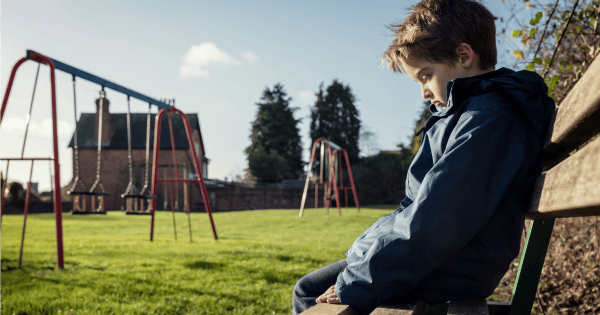
A two-year-old boy was dead, his mother charged with his murder.
It was not the first time I’d seen this kind of tragic story on the television news. But I kept thinking about this particular little boy because the reporter detailed how some of the boy’s neighbours had reported the family to community services a number of times, as had family-day-care staff who’d seen bruises and bites on his body.
One of the neighbours was interviewed and said that everyone in the neighbourhood had been worried about the toddler because he didn’t ‘look right’.
Later that night, lying in bed, my three-year-old daughter sleeping in the next room, I couldn’t stop thinking about those women – the neighbours and the carers – who’d tried going through formal channels to get that little boy help. But help did not come, or not enough of it to save him.
I wondered what I would do if I knew that the child next door was being abused. I’d certainly notify community services, but what if no help came, and I was worried the child would be killed?
Would I take things into my own hands?
These are the questions that prompted me to write my novel, PROMISE, in which a woman realises that the five-year-old girl next door is being badly abused. When community services don’t respond to her reports, she takes the child and runs.
Too often, the government bodies set up to protect at-risk children are only able to respond to the most urgent cases. Someone who works in this field and who I met in the course of researching the novel told me that he knew of child who hadn’t been visited by community services after seventeen reports of concern.





























































































